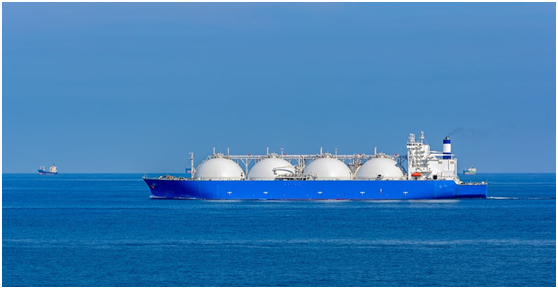MISC Berhad (MISC) has signed a Heads of Agreement (HOA) deal with Pengerang LNG (Two) Sdn. Bhd. (PLNG2SB), a subsidiary of Petronas Gas Berhad (PGB). This collaboration is focused on the supply, operation, and maintenance of a liquefied natural gas (LNG) floating storage regasification unit (FSRU) destined for deployment at the Petronas LNG Regasification Terminal Pengerang (RGTP) in Johor, Malaysia.

The project builds on the successful partnership between MISC and PGB in 2012, which led to the deployment of FSU Tenaga Satu and FSU Tenaga Empat at the LNG Regasification Terminal Sungai Udang, Melaka.
At the heart of this venture is the conversion of MISC’s LNG Carrier, PuteriDelima Satu, into an FSRU – a facility designed to receive shore power, aiming to reduce emissions and enhance operational efficiency.
Set to become commercially operational by the second quarter of 2025 under a 20-year contract term, the agreement also includes provisions for extension based on mutual agreement.
Expressing enthusiasm about the collaboration, Mr. Hazrin Hasan, MISC’s Vice President of Gas Assets & Solutions (GAS), remarked, “This partnership represents more than just a new chapter in our collaboration; it embodies the essence of progress and shared commitment between the two parties.
“By repurposing and redeploying our existing assets and drawing on our experience from operating FSU Tenaga Satu and FSU Tenaga Empat, we are not only creating a revenue-generating opportunity but also driving better shareholder returns. We thank PGB and PLNG2SB for their trust, and we remain committed together with Petronas in supporting the national agenda for energy transition in Malaysia.”
In 2021 Petronas became the first global energy company to produce LNG from two floating facilities following the first cargo delivery from Floating LNG DUA (PFLNG DUA).
In line with the Malaysian Government’s aspiration for gas market liberalisation under the 12th Malaysian Plan, PGB opened up available capacity of its regasification terminals and pipelines to be utilised by qualified shippers.
According to the company, this step was taken to promote importation of LNG and the growth of the national gas industry subsequently contributing to the Energy Commission’s efforts to secure and manage energy supplies for Malaysia’s growing domestic demand and economic growth.